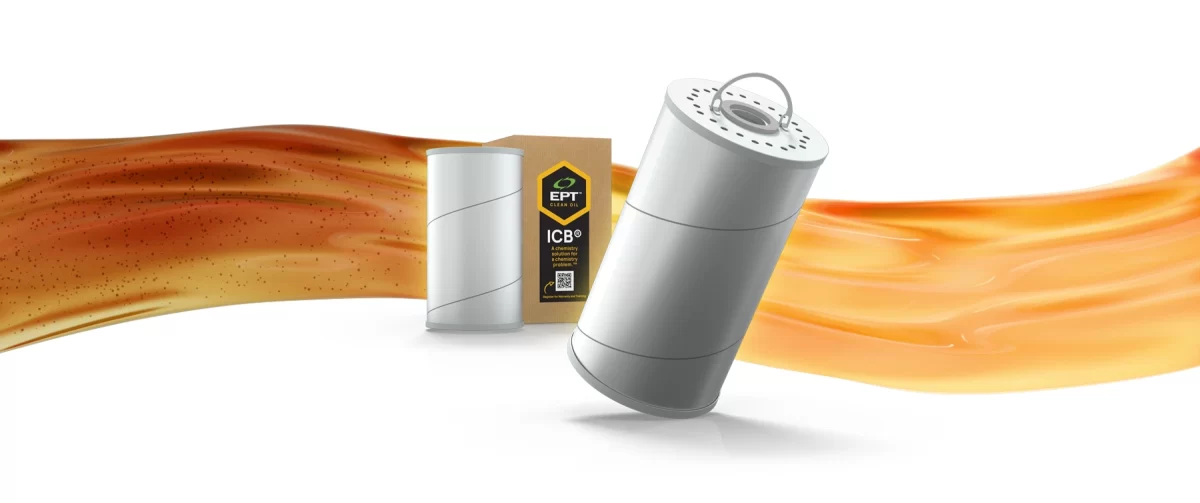Don’t Risk Your Critical Turbomachinery and Compressor Lubricants and Fluids: The Hidden Cost of “Cheap” Filters

In the world of critical turbomachinery and compressor lubricants and fluids, the phrase “a chain is only as strong as its weakest link” is more than just a cliché—it’s an operational reality. Lubricant and fluid performance and longevity often hinge on one of the simplest components: filtration.
For many equipment operators and maintenance managers, the temptation to save money with a cheap, “will do the job” filter is strong. After all, a filter’s job is simple: to remove contamination (particles, water, oxidation material, including varnish precursors). But the truth is, a knock-off filter is not just a weaker link; it’s a direct threat to your asset’s health and a risk to your bottom line.
Here’s why choosing the Original Equipment Manufacturer (OEM) filter is one of the most critical decisions you can make for your critical turbomachinery and compressor lubricants and fluids, ensuring turbomachinery filtration reliability.
1. Precision Design for Your Specific System
An OEM filter isn’t a one-size-fits-all solution; it’s an integral part of a finely tuned system. The OEM designed that filter alongside the equipment itself, ensuring its specifications perfectly match the system’s flow rates, pressure tolerances, and contaminant profiles.
- Knock-off risk: Cheap filters may “fit” the housing, but they often fail to meet the precise micron ratings, dirt-holding capacity, varnish removal capacity or bypass valve pressure settings required by the original design. This can lead to inefficient filtration, premature wear, and even system bypass, allowing unfiltered fluid to circulate freely.
2. Superior Materials and Construction
The quality of a filter’s media, seals, and housing is invisible to the naked eye but dramatically impacts performance. OEM filters are built with high-quality, durable materials designed to withstand the harsh operating conditions of your machinery—from extreme temperatures to aggressive fluid chemistry.
- Knock-off risk: Counterfeit filters often use inferior filter media that can break down, contaminating the fluid with their own fibers. Their seals may crack under pressure or degrade over time, leading to leaks and costly fluid loss. The result is a filter that not only fails to protect but actively harms your system.
3. Proven Performance and Guarantees
When you purchase an OEM filter, you’re not just buying a product; you’re buying a promise. OEM filters have been rigorously tested and validated by the manufacturer. They come with a performance guarantee and are backed by the OEM’s reputation and technical support team.
- Knock-off risk: The claims made by generic filter manufacturers are rarely backed by the same level of testing or warranty. If a cheap filter fails and causes damage to your machinery, the cost of the repair will far outweigh the initial savings. Furthermore, using a non-OEM component can often void your equipment’s warranty, leaving you exposed to 100% of the repair cost.
4. The True Cost of Downtime and Asset Damage
The purchase price of a filter is a tiny fraction of the total cost of owning and operating industrial equipment. The real cost comes from asset reliability and uptime.
Consider the following:
- The cost of a filter change: A few hundred dollars.
- The cost of an unplanned shutdown: Tens of thousands of dollars per hour in lost production.
- The cost of a major component failure: Hundreds of thousands of dollars in repairs and replacement parts.
A high-quality OEM filter is a proactive investment in lubricant chemistry management, ensuring that your fluid stays clean and your expensive assets remain healthy. A cheap, knock-off filter is a gamble that puts your entire operation at risk for a few dollars in “savings.”
Choose Reliability, Not Risk
Don’t let a small, seemingly simple decision lead to a catastrophic failure. By utilizing OEM filters, you are making a conscious choice to prioritize precision, quality, and proven performance. It’s a fundamental part of a robust maintenance strategy that protects your equipment, minimizes downtime, and ensures the long-term health of your business.
Check out this great article from Machinery Lubrication on this topic.



